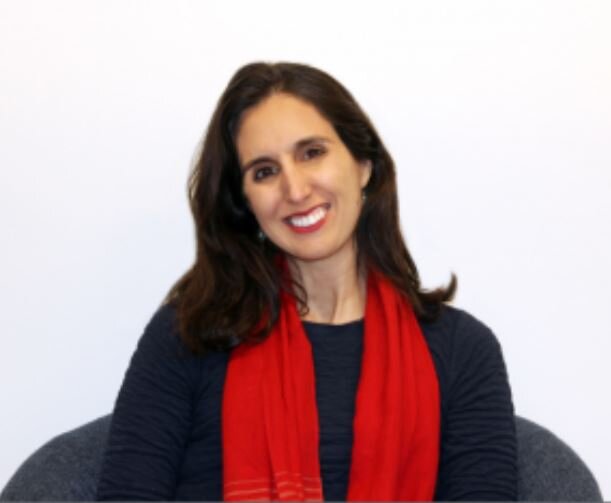David Bradt is a quietly effective leader for, and champion of, the Greater Washington region. In addition to serving as a Managing Director of Andersen Tax, he served as Chair and Member of the Greater Washington Community Foundation’s Board, Chairman and Board member of Greater DC Cares, member of the Board of Venture Philanthropy Partners, and as a volunteer and fundraising dinner chair for Share Our Strength.
A few years ago, Alex Orfinger, Market President and Publisher at Washington Business Journal, wanted to find a meaningful way to salute David’s many years of service to our local community. He teamed up with David’s wife, Diane Tipton, and together they invited friends and family to join them in establishing the David Bradt Nonprofit Education Fund at the Greater Washington Community Foundation. Their vision was to provide an annual award to enable a nonprofit leader in the Greater Washington region to attend an intensive executive training program.
On July 28, The Community Foundation and the Award Steering Committee announced the third cohort of awardees: Paula Fitzgerald, Shannon Steene, and Tyler Spencer. Donors, friends, and colleagues tuned in to applaud them during the award reception which featured an interactive discussion.
Meet our Awardees
Shannon Steene is the Executive Director of Carpenters Shelter which supports Virginia residents struggling with homelessness to achieve independence by providing shelter, guidance, education, and advocacy. In addition to leading the organization through a successful capital campaign, Shannon has been applauded for his creative approach in resolving needs for securing additional housing spaces due to major shelter renovations and COVID-19.
When asked about how his leadership has changed during the pandemic, Shannon reflected, “If we were on a game show, this would be called the speed round. The leadership required [during COVID-19] has been faster and the rules have been changing much more rapidly. A few things have remained constant for us: the safety of our residents, volunteers, and staff and that shutting down, even temporarily, was not an option. But otherwise, every element of what we know has been shifting.”
Paula Fitzgerald is the Executive Director of Ayuda which provides legal, social, and language services to help vulnerable immigrants in the DMV region navigate immigration and justice systems and access support and justice. Since becoming Executive Director, Paula has provided strategic direction in growing the organization’s budget, collaborating more intentionally with other local nonprofits, and ultimately increasing Ayuda’s capacity to serve the community.
Paula reflected that adapting Ayuda’s services during the pandemic “has required a lot of flexibility and I’ve been surprised by all we’ve been able to accomplish remotely. I feel really proud of our teams for making that shift and really maintaining the quality of services we provide.”
Tyler Spencer is the Executive Director of The Grassroot Project. Since founding the organization 11 years ago, Tyler has grown The Grassroot Project from a small school-based HIV prevention program into a city-wide comprehensive adolescent health program. He has led his team of staff and volunteers through tremendous growth in recent years, now serving many schools throughout DC.
In our discussion, he shared his organization’s challenges at the onset of COVID-19: “It is such an uncertain environment and it is so important as a leader to bring some sense of certainty to the situation. I think the thing that has been very certain is our kids need us now more than ever, even though we have not been in this digital space before. We’ve been thinking about the role we can play: Do we just try to shrink and survive this storm or is this our time to really push a culture of health and prevention in a time when it is most needed?”
Tonia Wellons, President & CEO of the Greater Washington Community Foundation, notes, “We are delighted to house and support the Fund’s mission of making an impact in our region by investing in outstanding nonprofit leaders. Thank you to David for inspiring the award, and to Diane and Alex for dreaming up a such a wonderful way to honor him. Finally, congratulations to the 2020 awardees! We are grateful for all you have done and will continue to do to strengthen our region.”














